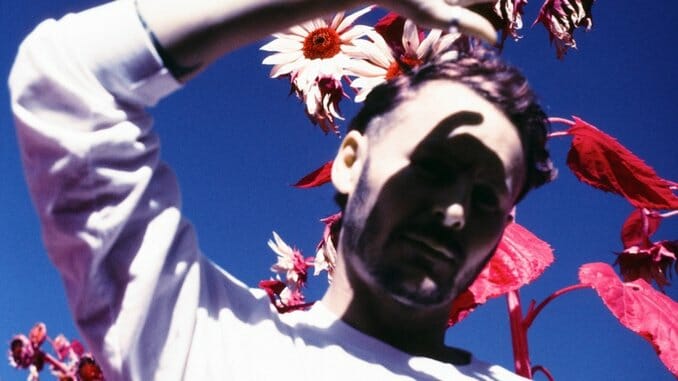Ben Howard Breaks Out of His Folkie Shell with the Help of Aaron Dessner
Photo by Roddy Bow
If you thought you knew English artist Ben Howard—whose soft acoustic strumming and classic folk phraseology wafted breezily through the pensive lyrics of his 2011, Mercury Prize-nominated debut, Every Kingdom—you’d better think again. Only one track on his bold new fourth album Collections from the Whiteout—a hushed vocal/guitar intertwining called “Rookery” that might have once been played in the village square by a lute-wielding minstrel—bears even a passing semblance to his former sensitive-guy self. The other 13 numbers, jerry-rigged in collaboration with The National’s Aaron Dessner and recorded at that band’s rustic Long Pond Studio in upstate New York, stomp across your speakers like a folk-rock Frankenstein on a scorched-Earth mission to leave no sonic stone unturned.
And it’s so meticulously, lovingly and altogether experimentally crafted, it’s a revelation, and one of the first great albums of the year.
-

-

-

-

-

-

-

-

-

-

-

-

-

-

-

-

-

-

-

-

-

-

-

-

-

-

-

-

-

-

-

-

-

-

-

-

-

-

-

-








































